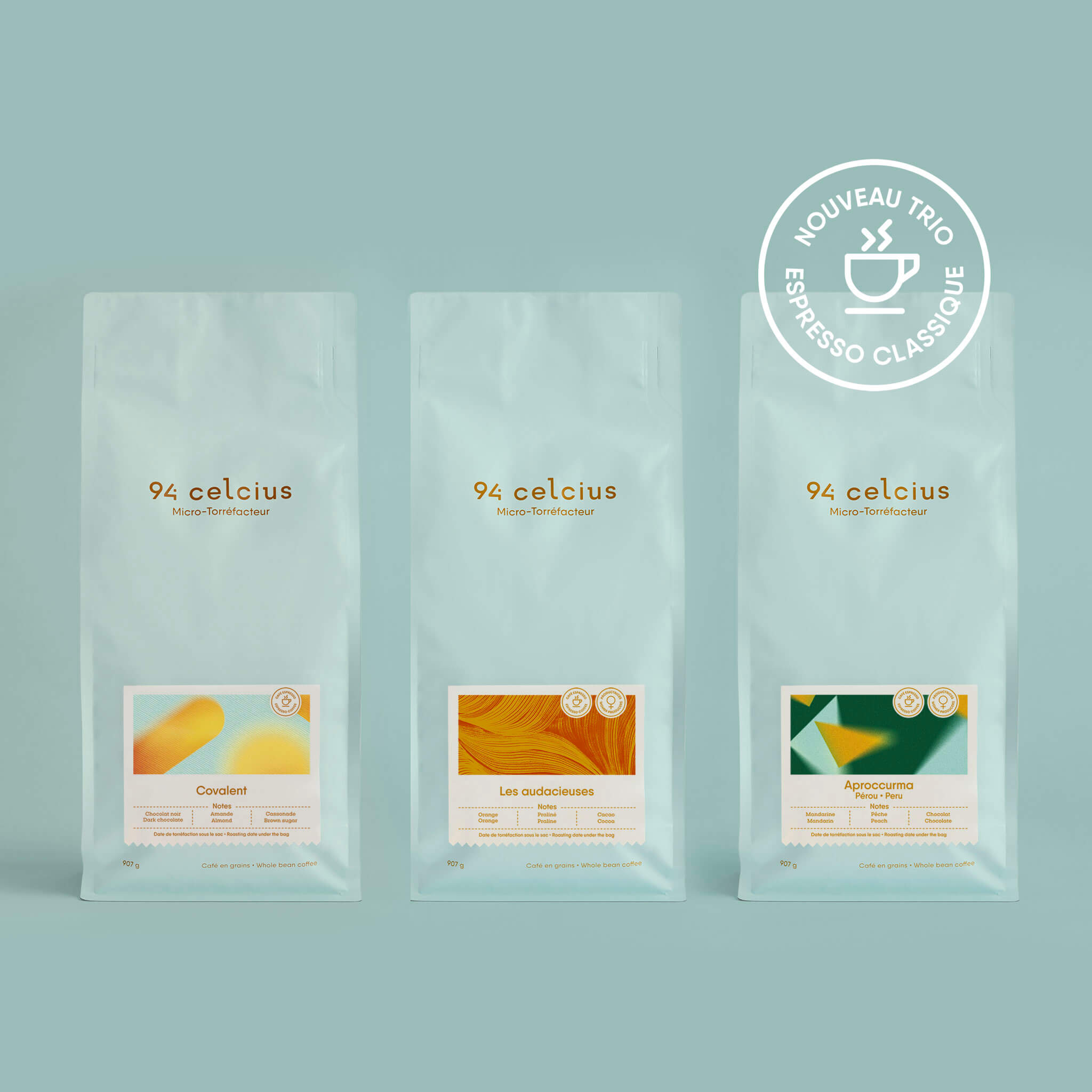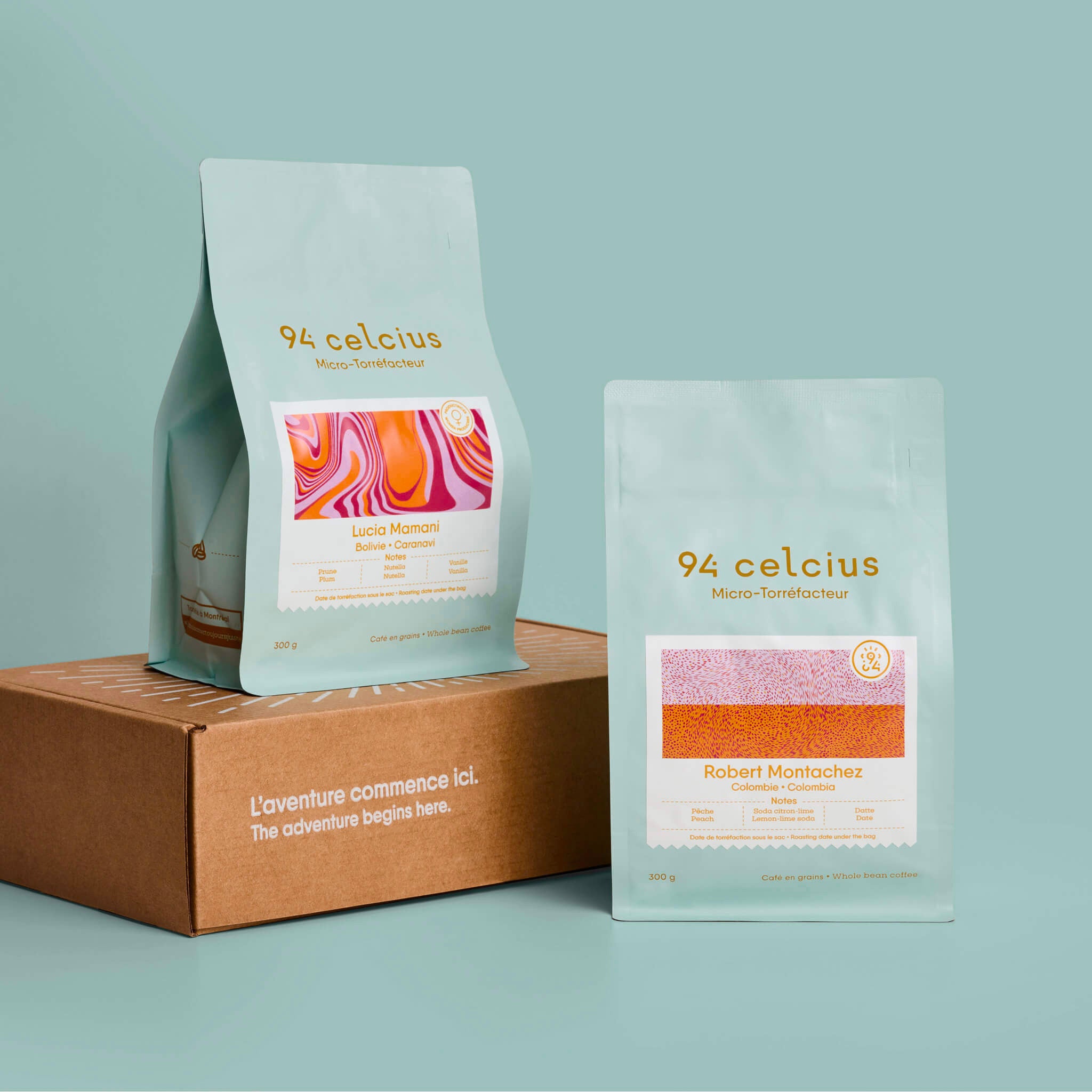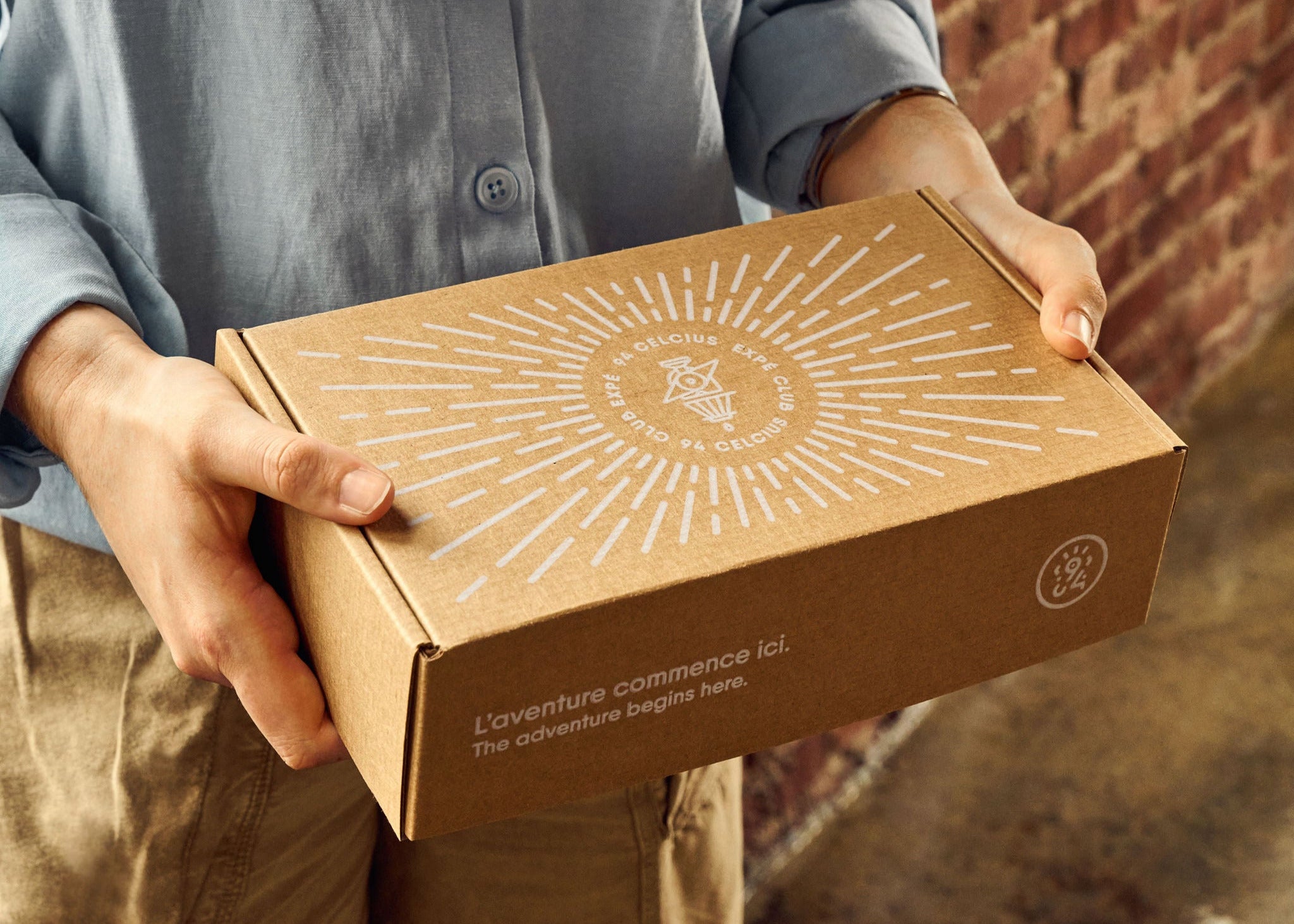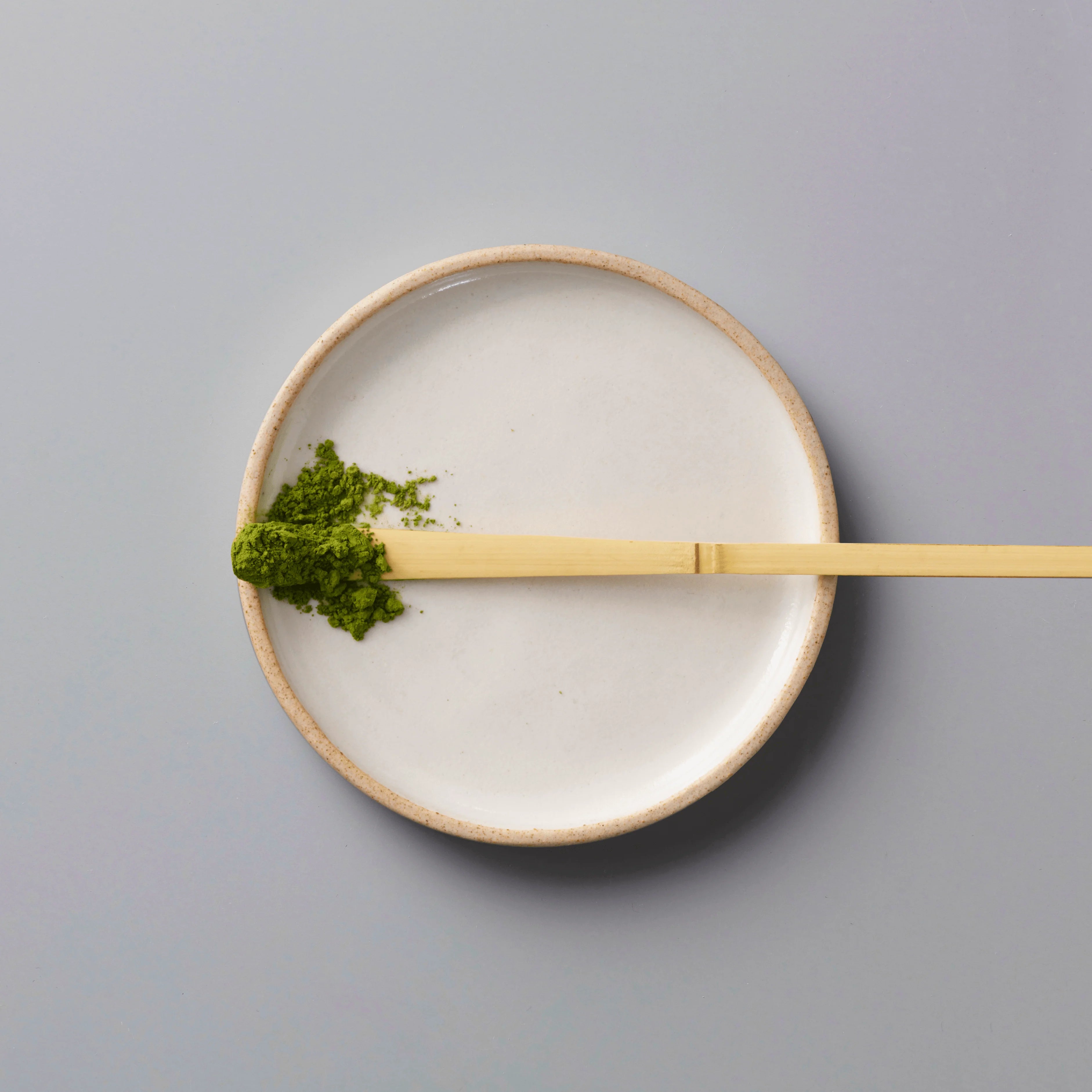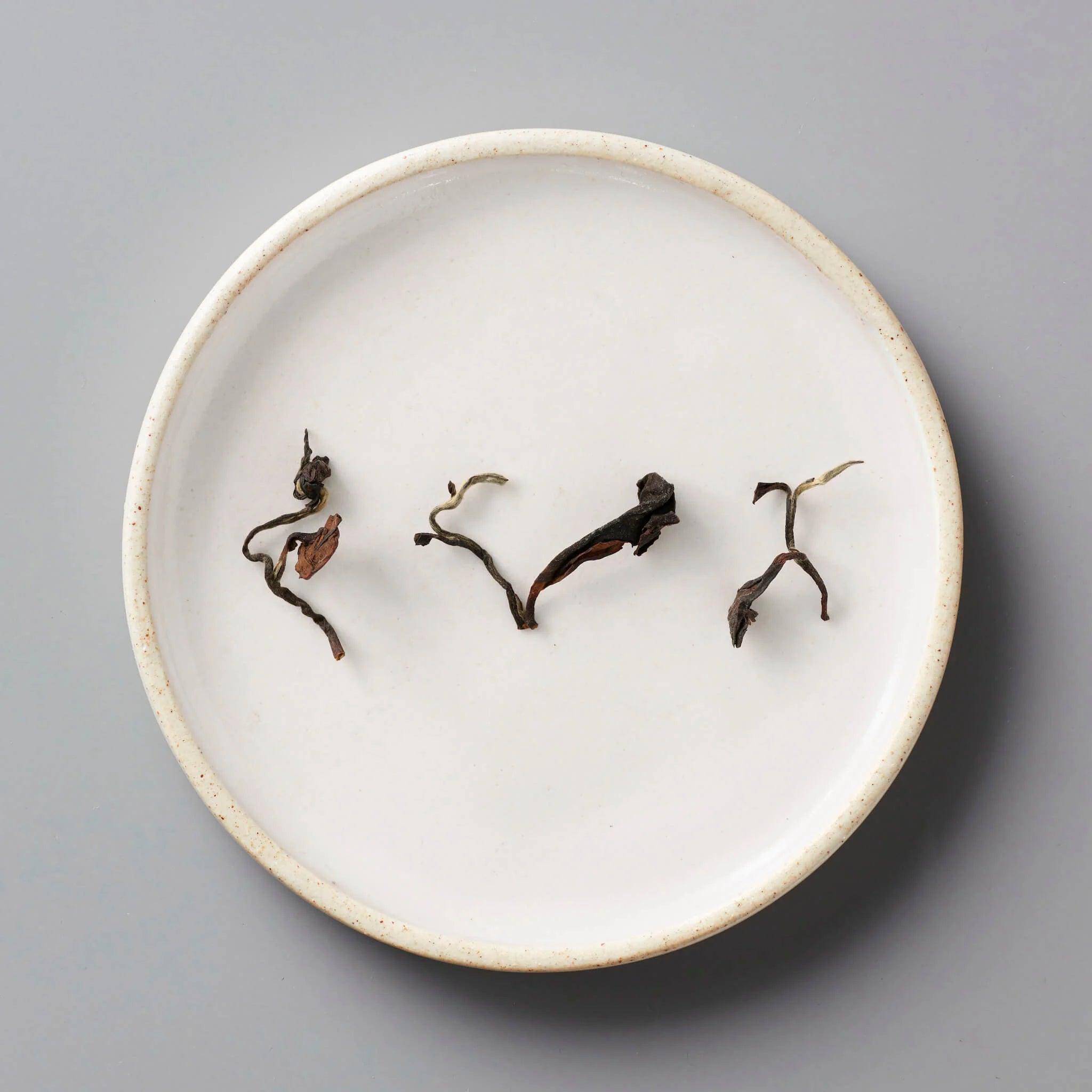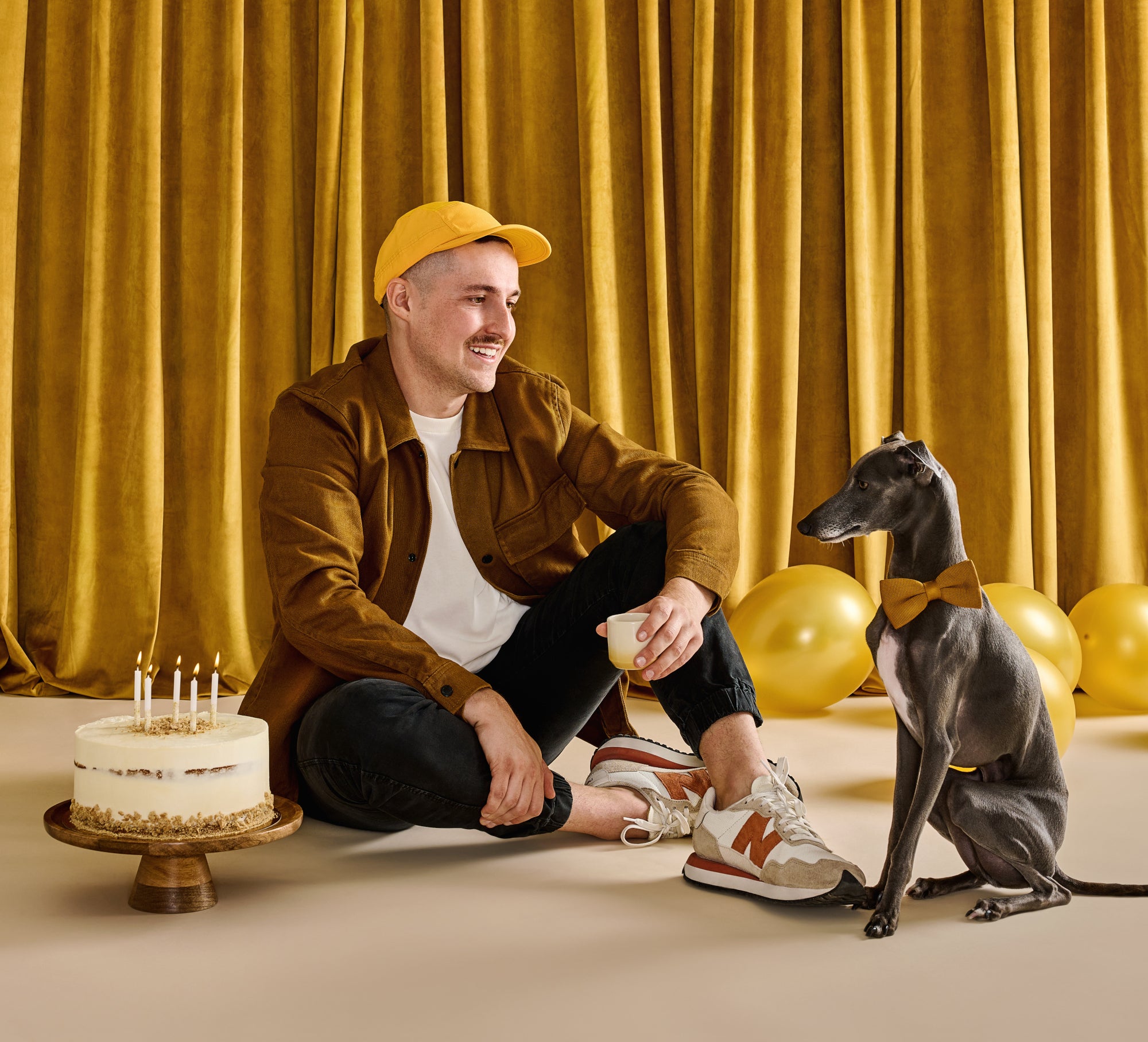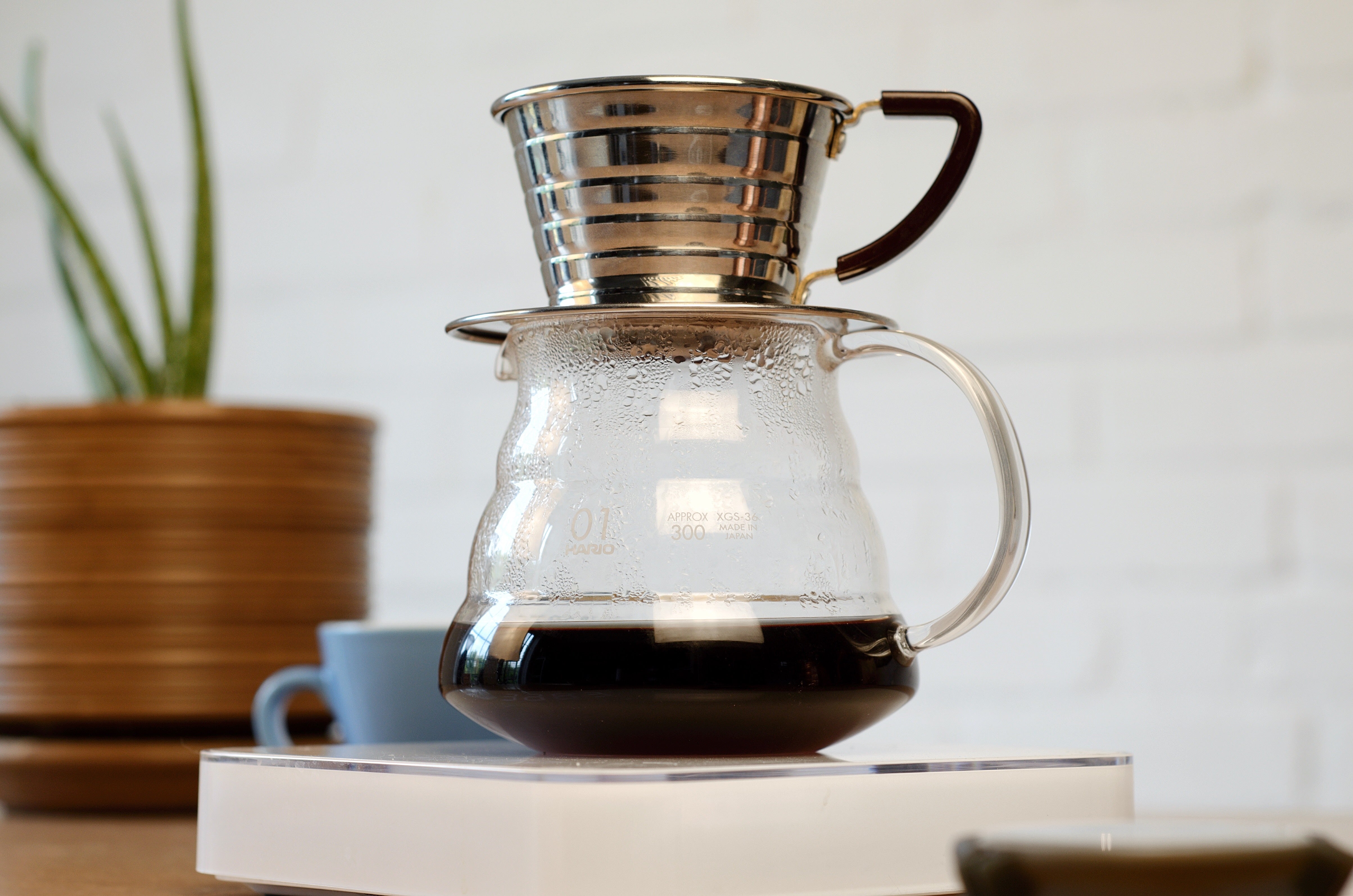An exploration of taste: when coffee reveals its full potential
Grape, strawberry, dark chocolate, hibiscus.
These notes may conjure up images of a colorful market, a summer garden... or a specialty coffee.
And yet, it all starts with a bean, a terroir, a know-how.
What is Third Wave coffee?
The Third Wave coffee movement marks a decisive turning point in the history of this age-old beverage.
It's no longer just a functional beverage. It's a sensory experience, a conscious tasting.
Coffee becomes an object of gustatory exploration, just like a fine wine.
Here, we celebrate the craft of coffee: every step, from farm to cup, is thought through with precision and respect. We value origin, terroir, botanical variety, extraction methods, fermentation techniques and, above all, the human hand behind every gesture.
More than a style, it's an experimental approach. A quest forexcellence, an invitation to dialogue between producer, roaster, barista and taster.
At source: the impact of terroir
It all starts with the grower, or rather, the craftsman of the land.
Altitude, climate, soil type, harvesting method: each factor shapes the aromatic profiles of the beans.
This is where micro-lots and unique batches are born, cultivated with care and often in a spirit of responsible coffee.
Thanks to rigorous traceability and transparency in the supply chain, every cup tells a story. You're not just drinking a coffee, you're discovering a place, a season, a helping hand.
Fire and precision: theart of roasting
Next comes the roaster. This is where all the know-how comes into play.
A Kenyan coffee, with notes of red fruit and raw sugar, will require a delicate roasting curve. Over-roasted, it will lose its complexity; under-roasted, it will lack balance.
Every test, every variation in temperature or time, becomes an act of coffee craftsmanship.
The aim? To allow the bean to reveal all the richness of its identity.
Towards conscious tasting
For a long time, we have associated coffee with intense bitterness, dark roasting and a uniform taste.
But specialty specialty coffee offers something else: aromatic layers that evolve on the palate, texture, liveliness.
Conscious tasting, where each sip becomes a sensory journey.
It's not that coffee no longer tastes like coffee. It's that it reveals a nuanced, plural, ethical and joyfully complex version of coffee.
What's your next port of call?
Take the time to chat with your barista, explore new extraction methods, dare a micro-lot
The world of specialty coffee is vast, moving and vibrant.
And every cup is an invitation to slow down.
To explore.
To taste differently.

